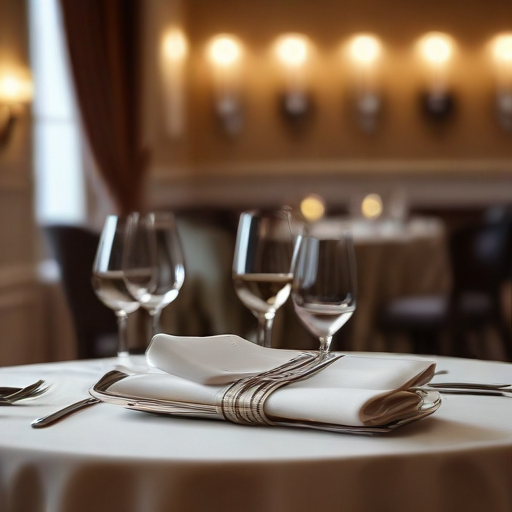For those eager to experience dining in New York City, securing a reservation has become exceptionally challenging. Over the past three years, the ability to nab a spot at the most sought-after eateries has transitioned from a daunting task to nearly impossible for many food enthusiasts.
Joel Montaniel, CEO of bookings platform Sevenrooms, mentioned to Bloomberg that certain restaurants are simply off-limits. He shared insights from restaurateurs during discussions, many of whom confessed they lacked solutions to help diners secure a reservation.
In response to the growing competition, the New York state legislature took action last month by banning third-party booking sites like Appointment Trader, where users were reselling reservation slots for excessive amounts, sometimes reaching $200 or more—a trend typically seen in the concert or sports ticket markets.
Melissa Fleischut, President & CEO of the New York State Restaurant Association, hailed this legislation as a significant win for the hospitality sector, as it aims to decrease reservation competition and shield establishments from costly cancellations.
Despite these legal changes, the landscape remains unchanged: the demand for trendy and luxurious dining experiences continues to exceed supply. Travel advisor Jaclyn Sienna India noted the post-COVID boom in bookings, stating that planes, hotels, and restaurants are experiencing full capacities across the board.
With years of experience running a high-end concierge and travel planning service, Sienna Charles, India emphasizes the importance of understanding client desires and cultivating relationships with desired restaurants to enhance access to these exclusive dining experiences. She observed a notable shift in preference away from traditional fine dining experiences, with clients increasingly favoring trendy establishments focused more on the experience than the cuisine.
Ultimately, for those driven to experience some of New York’s most elusive dining spots—or simply to boast about the experience—perseverance and resourcefulness are essential.
As the landscape of dining reservations evolves, it’s a testament to the resilient and ever-adapting nature of the hospitality industry. In a time where experiences are increasingly valued, the sense of community and sharing those experiences may lead to new understanding and practices within the industry, making dining out more inclusive and accessible in the future.
For readers keen on tackling the challenge, Sienna Charles provides insights into the hardest tables to book in New York.
